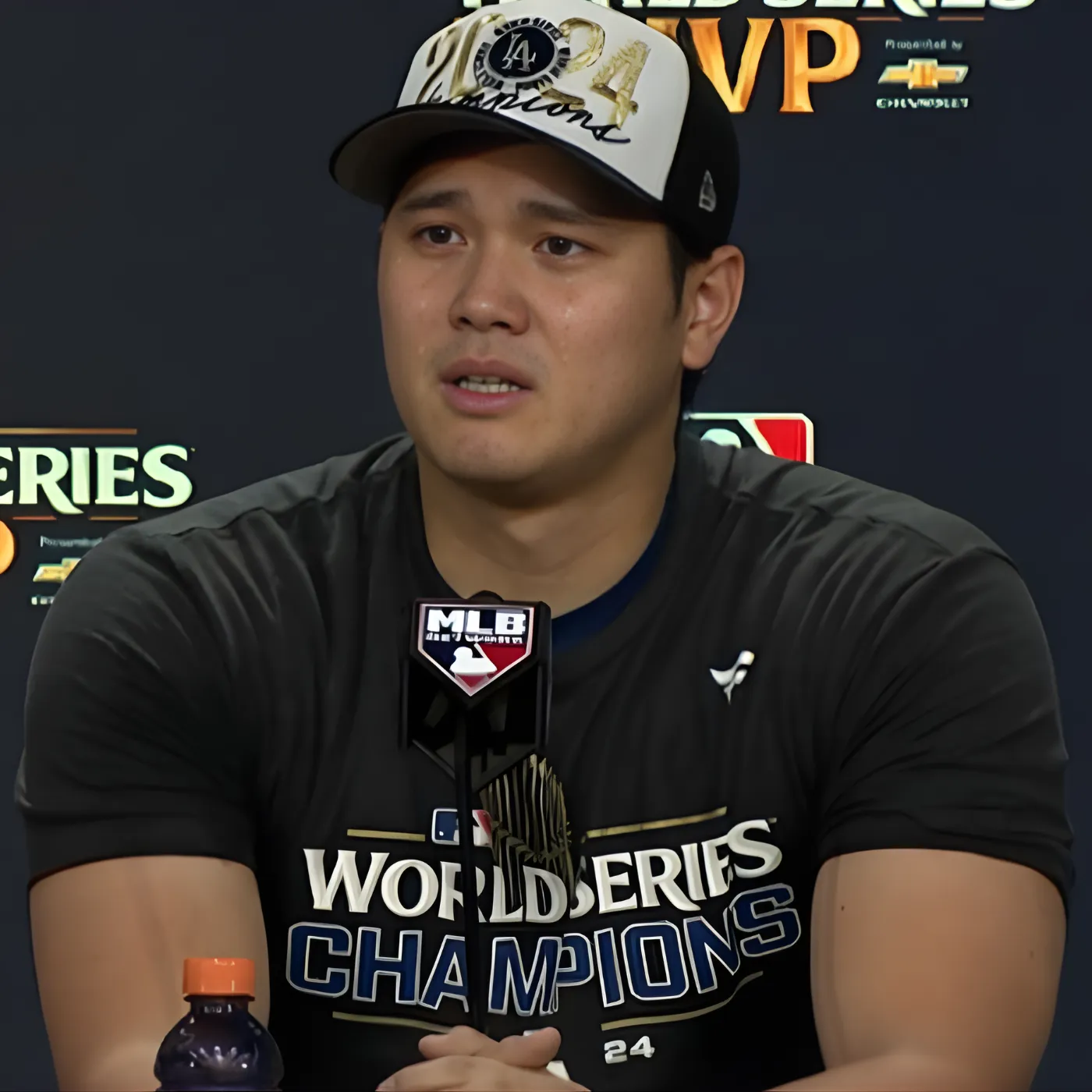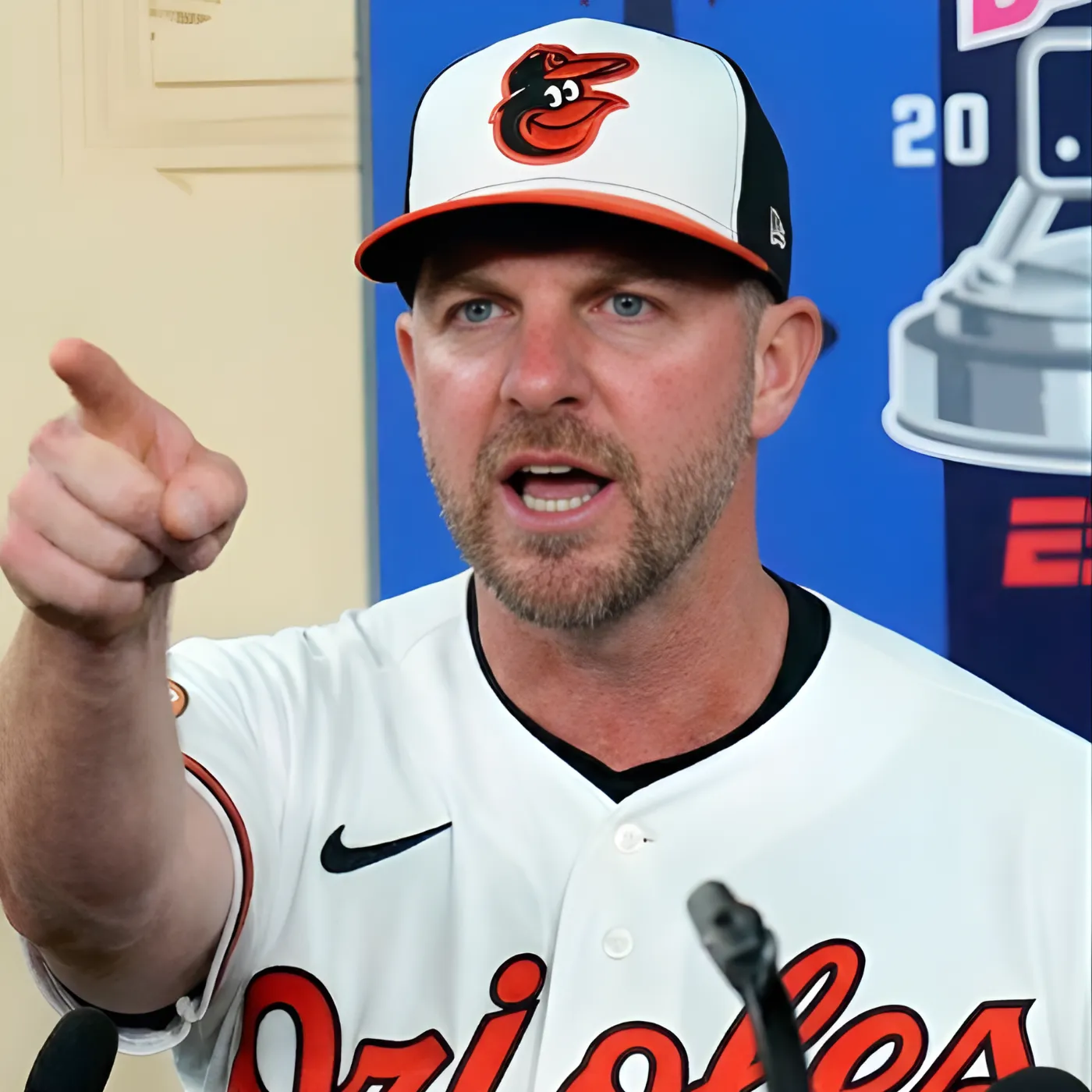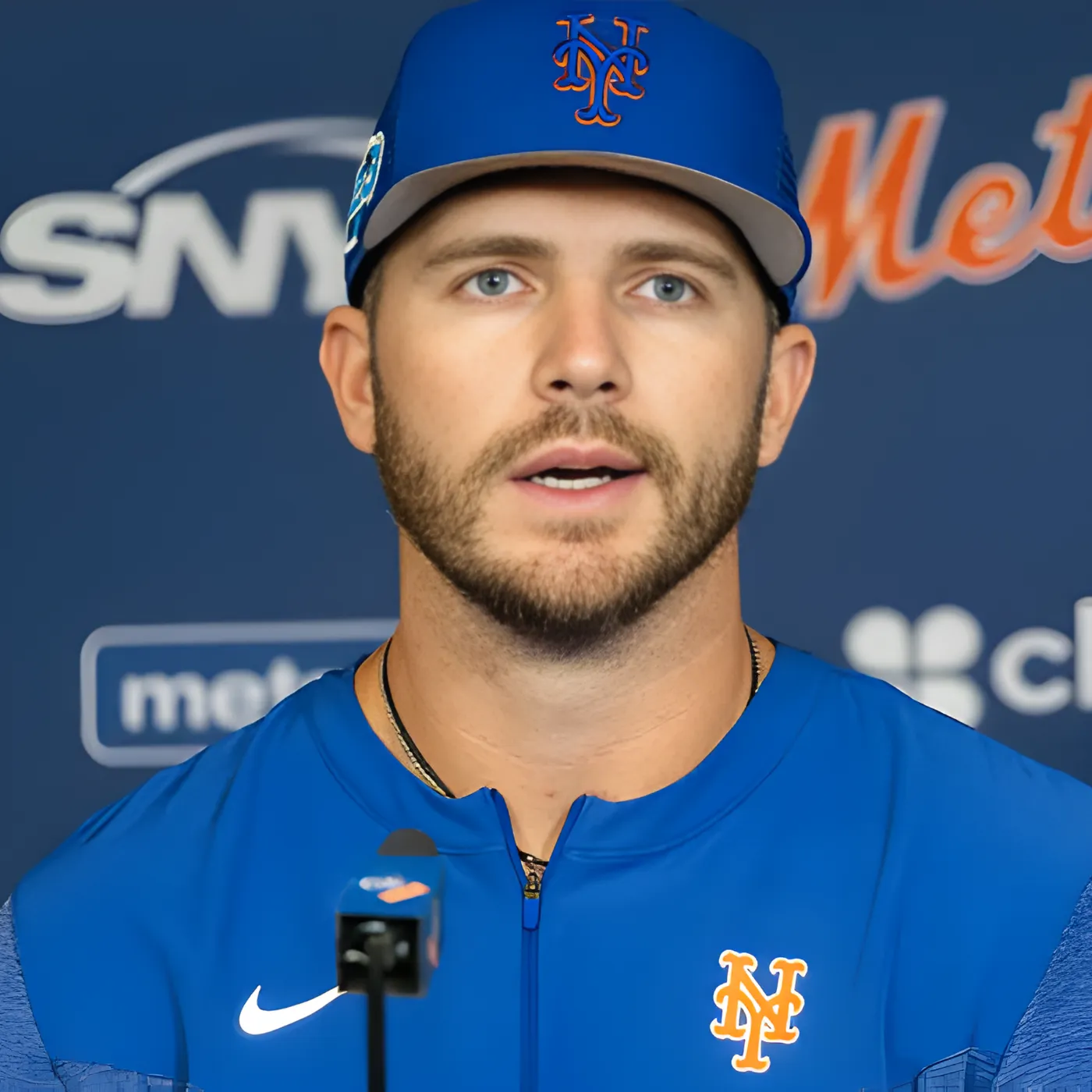

David Rubenstein’s statement about signing Samuel Basallo for $67 million is unsatisfactory? Why?
When the Baltimore Orioles announced an eight-year, $67 million contract extension for Samuel Basallo, many fans saw it as a turning point. Under new ownership led by billionaire David Rubenstein, optimism was running high. Orioles supporters, long frustrated by payroll limitations under previous ownership, hoped this deal signaled a new era where the team would finally spend to compete with baseball’s financial giants.
But then came Rubenstein’s words on The Takeout podcast. What should have been a celebratory moment quickly turned into controversy.
| David Rubenstein: “We gave him a long-term deal. He’s going to be here for a while. That seemed like a high price for somebody who had only played four games in the major leagues. But he’s done well. He had a game-winning home run the other night, and we’re very pleased with the deal.”
That single phrase — “a high price” — left Orioles fans uneasy. If the new owner believed the deal was overpriced, what did that say about his willingness to invest in the future? Was this just cautious honesty, or a warning sign that Baltimore’s payroll might not expand as fans hoped?
This article will unpack why Rubenstein’s comment felt unjustified, how it affects fan confidence, and what it really means for the Orioles’ long-term direction.
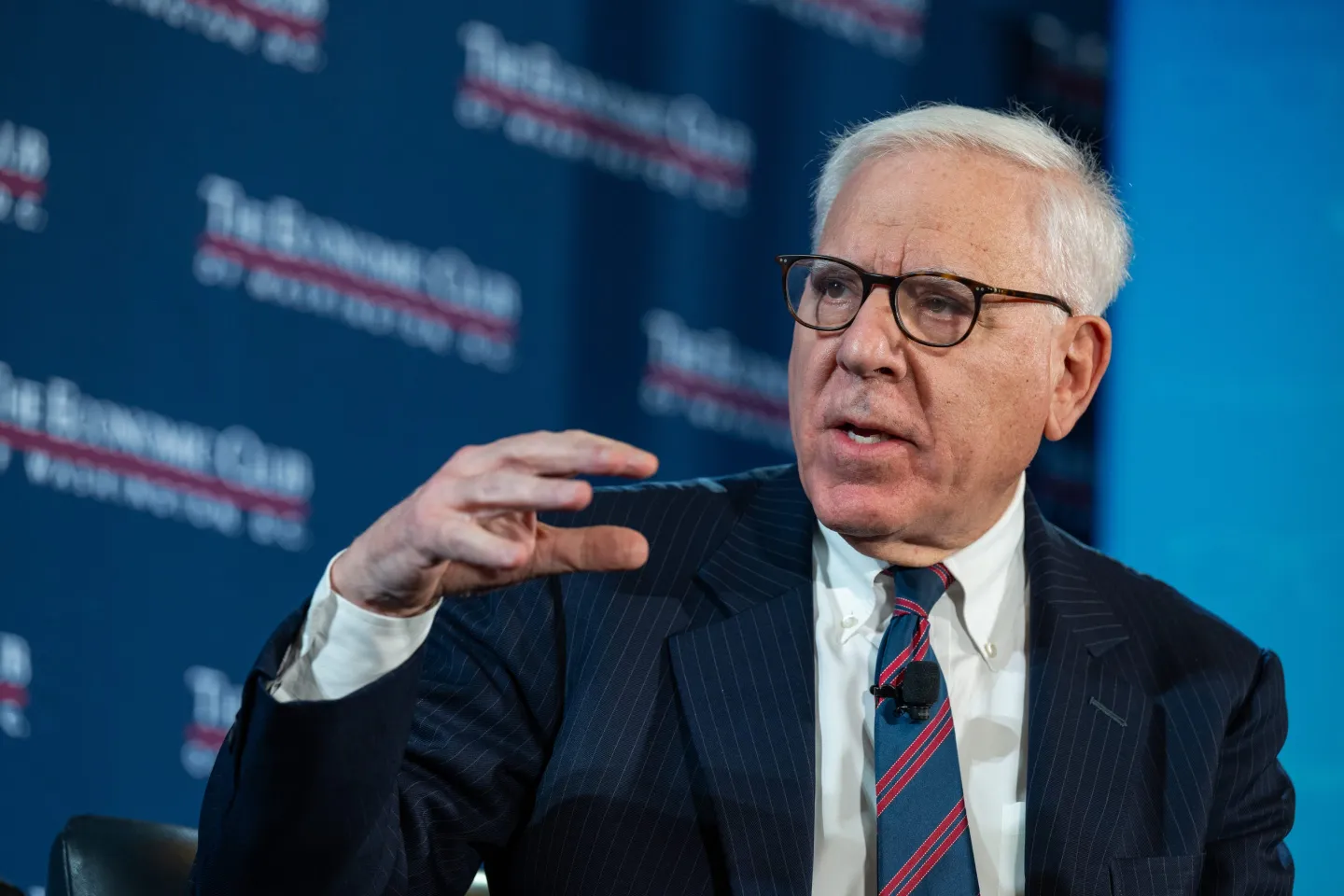
The Context: Orioles’ $67 Million Bet on Samuel Basallo
The deal with Samuel Basallo wasn’t just about locking up a young catcher. It was a statement.
At 20 years old, Basallo had only appeared in a handful of MLB games. But his talent was undeniable. Scouts raved about his bat speed, raw power, and defensive potential behind the plate. The Orioles believed enough to commit $67 million over eight years, hoping to secure a franchise cornerstone at below-market value if Basallo blossomed into a star.
For the fanbase, this contract symbolized something bigger: a willingness by the Rubenstein-led ownership group to make long-term commitments. The Orioles, with one of the deepest farm systems in baseball, have been on the verge of contention. The expectation was clear — keep the young core together, spend when necessary, and push for championships.
That’s why Rubenstein’s remark landed awkwardly. To call the deal “a high price” raised doubts about whether ownership truly saw it as a forward-thinking investment — or merely a gamble they were pressured into.
Fan Psychology: Expectation Meets Disappointment
When a sports franchise changes hands, fans often imagine a fresh start. They expect the new owner to correct the mistakes of the past. For Orioles fans, that meant reversing years of payroll restraint.
| Fan Perspective: “If Rubenstein thought $67 million for Basallo was too much, what happens when Adley Rutschman or Gunnar Henderson are due for extensions? Will he call those deals too expensive too?”
The psychology here is simple: hope and fear. Fans hoped Rubenstein would open the checkbook. Instead, his words made them fear a repeat of the old regime — cautious spending, avoiding star-level contracts, and watching homegrown talent leave for bigger markets.
This disconnect between expectation and reality created the perception of a “red flag.”
Was Rubenstein Simply Being Honest?
One defense of Rubenstein is that he was just being candid. Objectively, $67 million is a massive sum for a player with only four MLB games under his belt. Owners rarely speak this bluntly, but perhaps Rubenstein wanted to show he isn’t reckless with money.
In fact, some analysts argue this caution could be a strength. Locking up prospects always carries risk. Injuries, stalled development, or underperformance could turn the contract into a financial burden.
But here’s the problem: context matters. For a fanbase starving for financial commitment, calling the deal “expensive” felt tone-deaf. What Rubenstein saw as transparency came across as reluctance.
| Analyst Comment: “You can be cautious behind closed doors, but in public, you want to project confidence. Fans want to hear, ‘We believe in Samuel Basallo and this was the right move for our future,’ not that it seemed overpriced.”
In other words, honesty may have been his intent, but perception is everything in sports ownership.
Comparing Words to Actions: The Orioles’ Spending Pattern
Words alone don’t define an owner. Actions do. Since Rubenstein took control, the Orioles’ spending decisions have painted a mixed picture.
-
Corbin Burnes: One of baseball’s elite pitchers, acquired by trade, but ownership hesitated to commit long-term. He may walk in free agency.
-
Anthony Santander: A key power bat not aggressively replaced or extended.
-
Front office struggles: The team has dragged its feet in appointing a new permanent GM, fueling concerns about leadership direction.
Taken together, these examples reinforce fan worries that Rubenstein’s “high price” remark wasn’t an isolated thought — it reflects a broader philosophy of cautious, restrained spending.
| Fan Reaction: “If $67 million for Basallo is too much, imagine how they’ll react to $200 million for Henderson or Rutschman. That’s the real fear here.”
The Risk-Reward Balance of the Basallo Deal
To fairly evaluate Rubenstein’s comment, it’s important to examine the deal itself. Was $67 million really a “high price”?
The upside:
-
If Basallo develops into an All-Star catcher, this deal will look like a steal compared to the market rate. Elite catchers can command $20M+ annually.
-
Locking him up early provides cost certainty for the team, protecting against escalating arbitration and free-agent costs.
-
It shows younger players in the system that Baltimore is willing to reward its own.
The risks:
-
Four MLB games is a tiny sample size. There’s no guarantee Basallo translates his minor league dominance into consistent major-league success.
-
Injuries, especially for catchers, could derail his trajectory.
-
The Orioles are betting not just on talent, but durability and long-term growth.
Rubenstein’s comment highlights the risk side of the equation. But ownership is supposed to embrace some risk when building a contender. Calling it overpriced implies hesitation to take that leap — and that’s what fans reacted to.
Why Rubenstein’s Comment Feels Unjustified
So why is the backlash to Rubenstein’s words so strong? Several reasons:
-
Timing: Right after a major deal, fans want reassurance, not doubt. His comment undermined the positive momentum.
-
Mixed signals: The contract suggested boldness; his words suggested reluctance. This contradiction confused fans.
-
Larger pattern: Orioles’ recent cautious moves reinforced the interpretation that he truly views spending as a problem.
-
Impact on trust: Fans need to believe ownership is fully committed. By questioning the value of the deal, Rubenstein eroded that trust.
| Former Player Insight: “When an owner questions his own deal, it sends the wrong message to the clubhouse. Players want to feel like management believes in them, not that they’re an expensive risk.”
In short, even if his remark had truth behind it, the optics were poor. In sports, perception often matters as much as reality.
Broader Implications for the Orioles’ Future
The Basallo situation isn’t just about one contract. It’s about the roadmap for the Orioles.
-
Core Extensions: Stars like Adley Rutschman, Gunnar Henderson, and Jackson Holliday will soon command major contracts. If $67 million was “too high,” how will Rubenstein react to deals north of $200 million?
-
Free Agency: To remain competitive in the AL East, the Orioles need pitching depth and veteran leadership. Will ownership spend aggressively in free agency, or settle for bargain options?
-
Fan Trust: The Orioles have built one of baseball’s most passionate young fanbases. But without visible financial commitment, enthusiasm could sour.
The Orioles are at a crossroads: embrace the investment needed to compete long-term, or risk wasting one of the most talented farm systems in MLB.
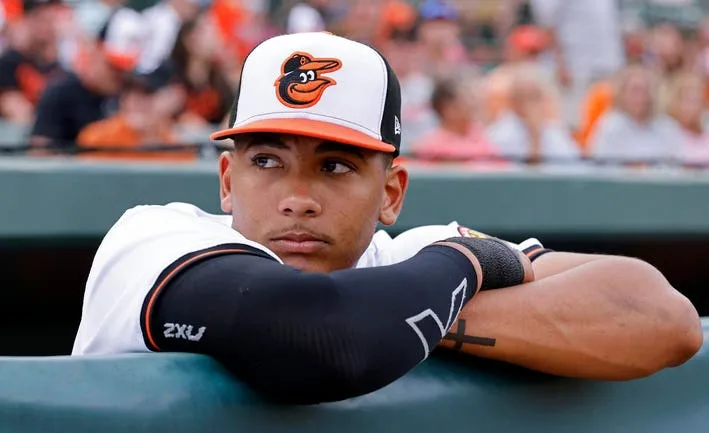
A Balanced Take: Was Rubenstein Wrong?
To be fair, Rubenstein isn’t entirely wrong to acknowledge risk. From a pure business standpoint, calling $67 million for an unproven player “expensive” isn’t inaccurate.
But ownership is about more than balance sheets. It’s about leadership, vision, and messaging. On those fronts, Rubenstein missed the mark.
-
Leaders inspire confidence. His comment did the opposite.
-
Fans crave ambition. His words suggested hesitation.
-
Players need backing. His phrasing raised questions about belief in Basallo.
That’s why many call his remarks unjustified. Not because the statement lacked logic, but because it lacked perspective.
Final Thoughts: Lessons from the Basallo Controversy
The Basallo deal should have been a celebratory milestone — proof that the Orioles are ready to invest in the future. Instead, Rubenstein’s candid comment sparked doubt.
The real lesson? In sports, money isn’t just about dollars and cents. It’s about symbolism. Spending tells fans and players alike: We believe in this team. We’re committed to winning.
Rubenstein may have intended to be cautious and transparent, but the takeaway for fans was simple: if $67 million feels overpriced now, what happens when the bill for Baltimore’s true stars comes due?
For the Orioles to reach their potential, Rubenstein must do more than sign checks. He must show unwavering belief in the players, project confidence in his decisions, and understand the weight his words carry.
Until then, his comment about Basallo will linger as a red flag — a reminder that actions and words must align if Baltimore is to truly take the next step.
Related News
